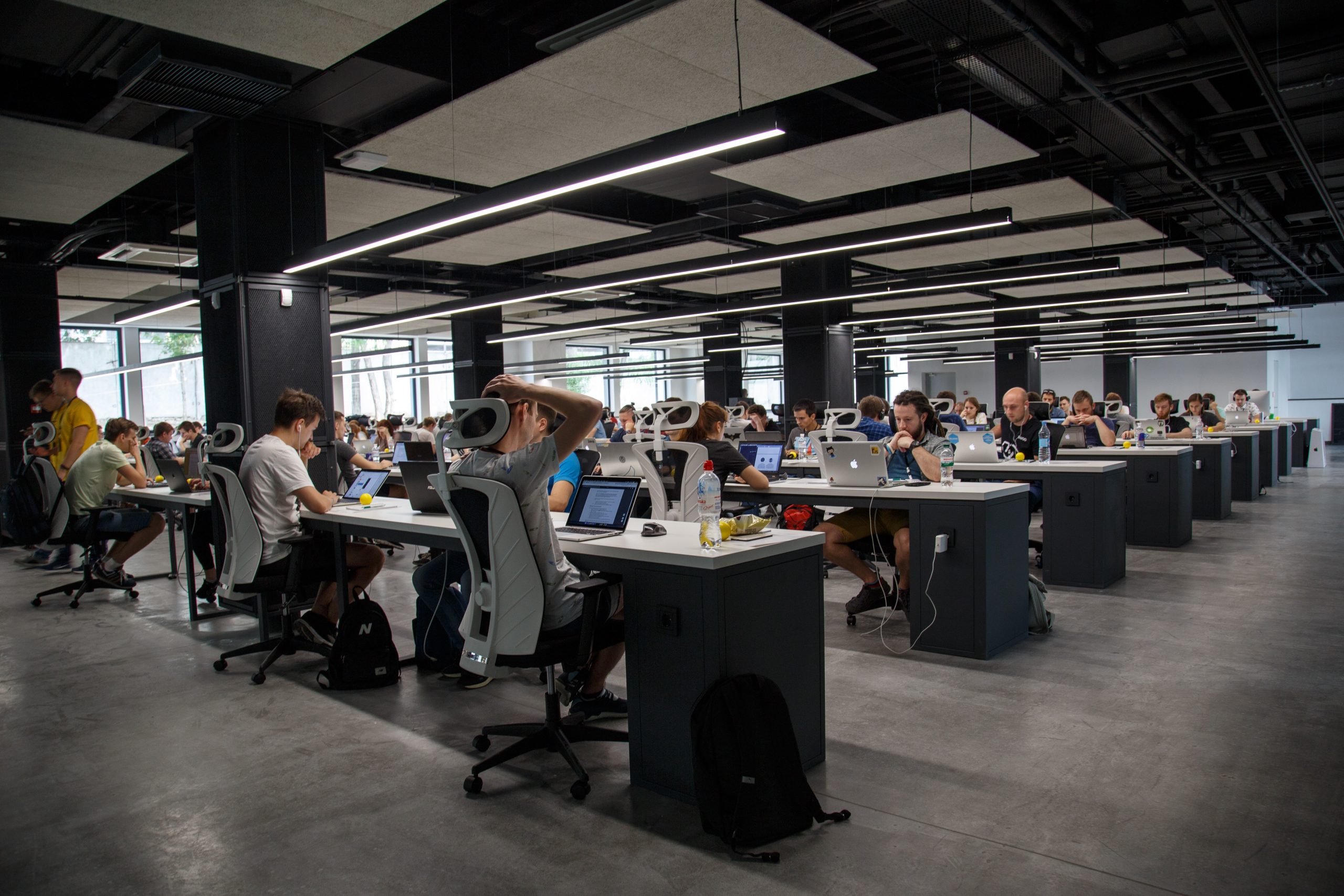
Using AI and Virtual Reality/Augmented Reality to Deliver Tailored and Effective Jobs Training
Summary
To address the critical challenges of lifelong learning, evolving skills gaps, and continuous labor market transformation and automation, all Americans need to have access to agile and effective jobs training. Artificial intelligence (AI) and virtual reality/augmented reality (VR/AR) capabilities can deliver training tailored to the unique backgrounds, preferences, and needs of every individual. In this memo, we propose a two-stage approach that the Biden-Harris administration can adopt to help prepare Americans for the jobs of the future through responsible use of AI and VR/AR.
Stage 1 would launch a one to three pilot programs that leverage AI and VR/AR technologies to provide targeted training to specific communities.
Stage 2 would establish a national prize competition soliciting proposals to build and deliver a federal lifelong learning platform for the nation.
While rural schools are used to being scrappy and doing more with less, without state and federal support, districts will be hard-pressed to close teacher workforce gaps on their own.
Without trusted mechanisms to ensure privacy while enabling secure data access, essential R&D stalls, educational innovation stalls, and U.S. global competitiveness suffers.
tudents in the 21st century need strong critical thinking skills like reasoning, questioning, and problem-solving, before they can meaningfully engage with more advanced domains like digital, data, or AI literacy.
We need to overhaul the standardized testing and score reporting system to be more accessible to all of the end users of standardized tests: educators, students, and their families.